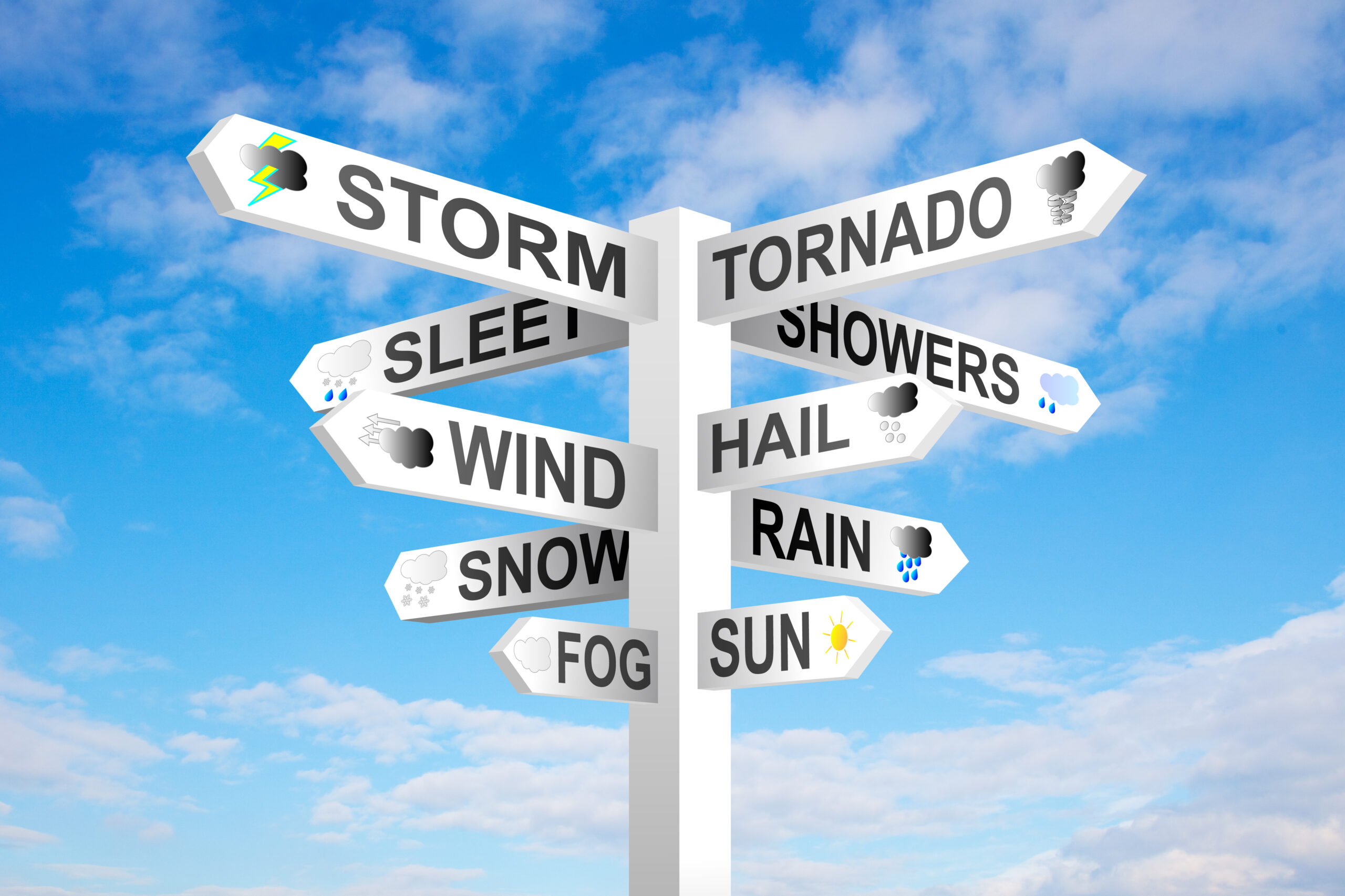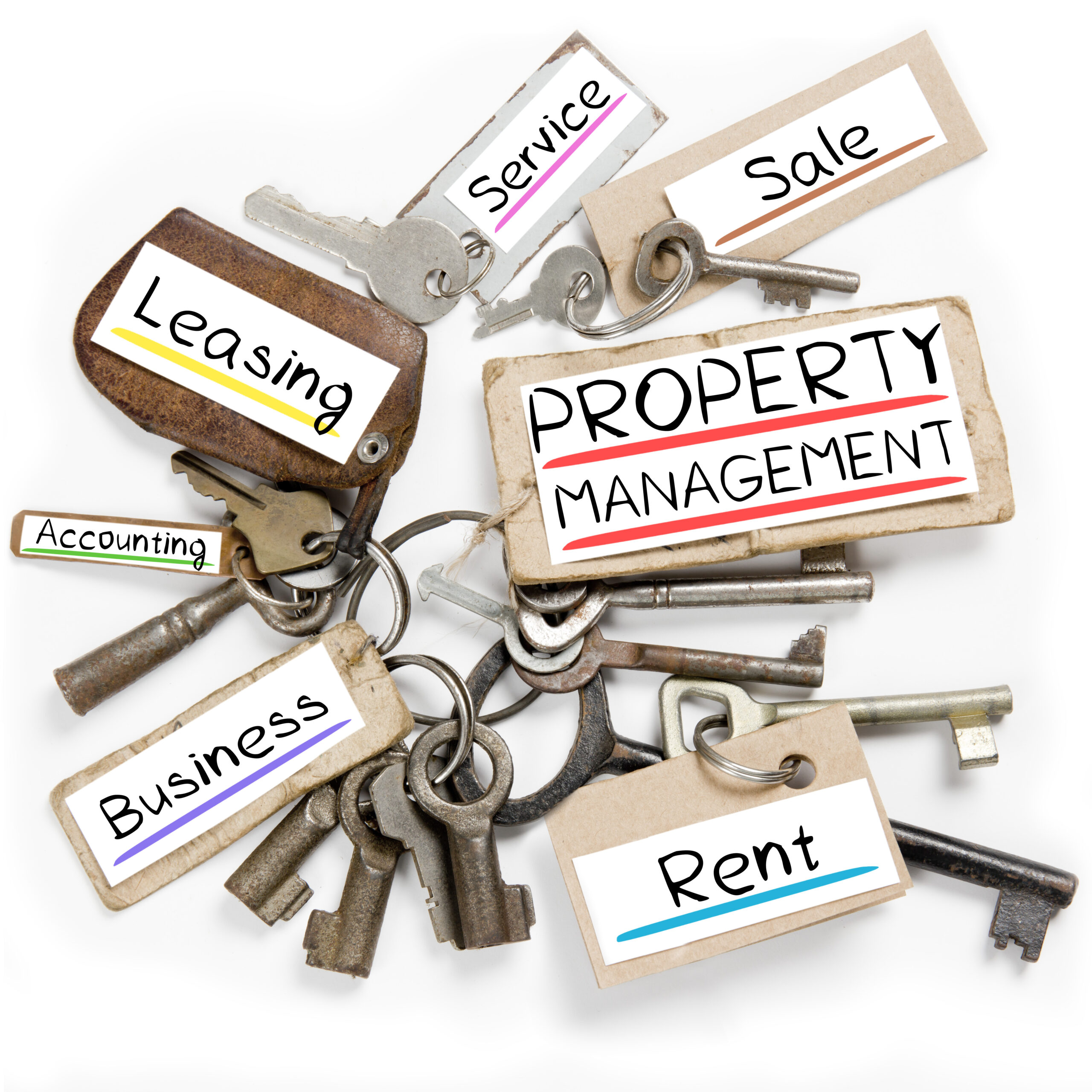- Services
-
-
-
Insurance Claim Types
-
-
- Resources & Support
-
-
-
Insurance Claim Support
-
-
- About Us
-
- SCHEDULE A CLAIM REVIEW
Insurance Claim Types
Fire damage insurance claims
Get the help you need to navigate the complexities of a fire damage insurance claim from claim advocates that speak the insurance language.
GET HELP WITH YOUR FIRE CLAIM FROM A TEAM OF PUBLIC ADJUSTERS WHO WILL ADVOCATE FOR YOU AND YOUR LOSS
Damage from fires can be all-consuming – from smoke and soot to even water damage. This is why fire damage insurance claims can be some of the most complicated and difficult to tackle. Our dedicated team of insurance claim advocates and loss experts know how to interpret your insurance policy, complete accurate estimates of the damaged property, and negotiate the proper settlement you need to restore your property, business or livelihood. Avoid the complications, delays and underpaid claims that can come after a fire impacts your property. Get the help from an insurance claim partner who will fight for your best interests.
Related claim types
Handling your fire damage
claim from start to finish
Step 1
Inspection
Step 2
Estimation
Step 3
Preparation
Step 4
Negotiation
Step 5
Settlement
WHAT SHOULD I DO WHEN MY
PROPERTY IS DAMAGED BY FIRE?
Document damage
01
Before filing the claim, photograph and video all the damages. For example, record smoke damage, etc.
Inspect & estimate
02
Request a complete copy of your insurance policy from your agent if you do not have one readily available. Contact a qualified damage expert like a public adjuster to inspect, verify and quantify damage with an estimate. Avoid submitting frivolous claims where damages do not exceed your deductible or the property didn’t sustain a loss covered under your policy.
Mitigate damages
03
Policyholders are required to protect covered property from further damage. Failure to do so may result in denied coverage. Be sure to document and photograph everything, limit the amount of demo a company performs and avoid doing anything to permanently alter the structure.
File the claim
04
Once you’ve determined the need for a claim, submit the claim to the carrier. Include all of the detailed information you have compiled in the steps above. Also, be aware of time limits that may apply, including:
-
- Making claim for replacement cost value (RCV)
- “Suit Against Us” provisions
- Proof of Loss
-
- Statutory requirements
- Business interruption/extra expense
Start a claim diary
05
List every person/adjuster with whom you speak and the date they inspect the property. Keep an account of conversations and always get as much possible in writing. (Pro tip: summarize important phone conversations in an email back to the insurance adjuster making sure to verify any verbal commitments in writing.)
Prep for the adjuster
06
Consider hiring a public adjuster, who will prepare the estimate and claims package for you before the adjuster even steps foot on the property. Be aware of common “red flags” and contact a public adjuster or attorney if any of the following occur:
-
- A need for engineers
- Short inspections
- Mentions of damages under deductible
-
- Reservations of Rights
- Claim denials or delays
- Examination under oath (EUOs)
Get a valuation of damage
07
Twenty-two of the 25 major U.S. insurance companies rely on the estimating software, Xactimate, to quantify damage. If your contractor does not use Xactimate, that’s okay. However, consider bringing in a public adjuster who does use this software in order to produce the most thorough, accurate estimate and ensure every nook and cranny is included in the scope.
Get payout/complete repairs
08
Before you sign a waiver of rights or a Proof of Loss, make sure you are satisfied with the proposed settlement. Signing documents like these can oftentimes prevent you from recovering anything further, including supplements.
Previous slide
Next slide
What does A fire damage insurance claim process look like?
Hear about what it is like going through a fire damage insurance claim with representation from our team throughout the claim process. When your property has been affected by a fire, whether it has been completely destroyed or only partially damaged, we are here to help get you through the loss and rebuild your property.
Get insurance claim service
tailored to your needs
Property
managers
Let us take on the claim process and reach a fair settlement for your HOA or multifamily complex.
Contractors
Save time, ensure your clients get what’s rightfully owed to them and get paid faster with an insurance partner.
Frequently asked questions about
fire damage insurance claims
Understand the important things to consider and get answers to your top
questions around your fire damage insurance claim.
What is an industrial hygienist?
Contamination from smoke, soot, char, and ash or other hazardous materials burned can cause damage and significant contamination impact to all property types within range. An industrial hygienist is a qualified expert trained to assess the impact of these contaminants across all exterior/interior building surfaces, indoor air, as well as soil.
What does a cause and origin expert do?
Cause and origin experts are typically hired by insurance companies to determine how a fire started and make sure arson was not involved. It is very common for them to be deployed and shouldn’t cause concern.
Should I use the mitigation company my insurance company recommends?
Immediately after a fire, the policyholder has obligations to prevent further damage to the property. Using the recommended company to do so is fine unless you have someone else in mind. However, it is important to know your rights and review any contracts before signing. Be cognizant that you have limits for your building and contents that will apply to mitigation AND reconstruction.
What is business interruption coverage?
After an extensive fire, most properties will take several months to get back to operational. Business Interruption coverage will pay for income lost during this time.
What is extra expense coverage?
Extra expense coverage pays for a policyholder’s additional costs while recovering from a major disruption. Examples of additional costs covered can include moving your business to a temporary site while your main location is restored, buying or leasing equipment for your temporary site, paying employees overtime or hiring temporary workers during the transition.
What do I do if my claim gets denied or underpaid?
If you have a claim denial or a partially denied claim, it is a good idea to have a licensed public adjuster or attorney review the file to provide a secondary coverage opinion. Our team can review your claim for free.
How do I know if I need a public adjuster on my fire claim?
A qualified restoration contractor can provide an estimate and guide you through the residential claims process. However, if you own or manage a commercial property, policies become more complex and require more detailed reviews of coverage. Oftentimes, insurance companies will require detailed estimates written in a software program, Xactimate. And unfortunately, the vast majority of commercial property claims are underpaid. Our team is certified in Xactimate and includes one of only 48 Xactimate Certified Trainers in the nation. We also have the insurance knowledge and industry expertise you need to ensure your claim is filed accurately, negotiated professionally and paid fairly.
As a contractor, why should I engage a public adjuster on a fire claim?
A public adjuster can help with scaling your company by taking out the everyday minutia of writing an estimate, corresponding with stakeholders and insurance company reps and navigating policy intricacies. We also have the training and expertise to handle claim red flags on behalf of you and your customer, including when/if to engage an engineer, policy coverage, delays, unwarranted denials or underpayment. Furthermore, there are legal limits to what a contractor can do when dealing with insurance claims. Contractors working with policyholders should check the public adjuster statutes in their jurisdiction to ensure they are not acting as an unlicensed public adjuster when assisting in claims.






